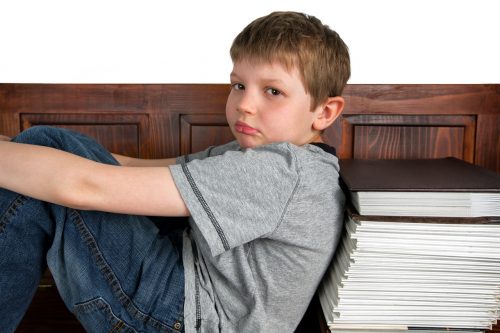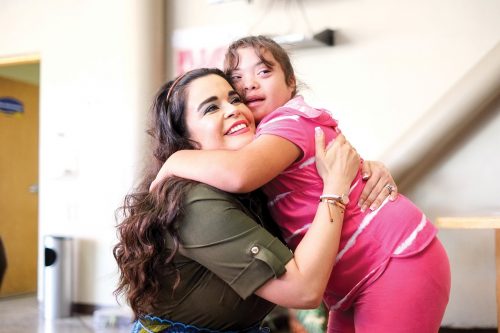
Source: pixabay.com
Do you have someone in the family who is diagnosed with Attention Deficit Hyperactivity Disorder? If you do, then you might have already experienced people’s judgments and comments about the condition and how negatively they think about its impact on our life.
It is a painful truth that a lot has been said about ADHD – confusing statements and misconceptions that are hurtful to us and of course, to the people who are living with ADHD. Some mistakenly refer to it as a myth, an imaginary disorder that exists only because of over-diagnosis and over-medication. Also, due to lack of knowledge and pure ignorance, they believe that it is a temporary behavioral pattern that can be cured through good parenting and will eventually disappear when the person reaches adulthood. Worse, others make incorrect and offensive statements about ADHD.
“When people think about attention deficit disorder (ADHD), they usually consider it a childhood problem. However, a large proportion — between 30 and 70 percent — of children with the condition remain affected throughout adulthood.” –Ben Martin, Psy.D

Source: pixabay.com
If you are a family member or a significant other whose loved one has ADHD, you might be interested to learn more. Below is a list of things that you should never say to children or adults with ADHD.
“ADHD is a myth. Kids are just kids, so let them be.”
“ADHD is just over-diagnosed and always used as a diagnosis for hyperactive kids.”
“It’s not a big deal at all. We all have a little ADHD.”
These statements have everything to do with the legitimacy of ADHD as a true and real condition. People may unconsciously state that they had an “ADHD situation” or just have “a little ADHD.” Undeniably, almost all of us have our moments when we forget even the simplest things, or we tend to be absent-minded when we are too caught up in deadlines. And, yes, parents often face the wrath of their child’s tantrums. These are but normal. But for those with ADHD, these circumstances don’t just happen once or twice in a month. They live with the symptoms every waking day of their life, and it debilitates them.
“A child or teen diagnosed with ADD may or may not also have hyperactivity, which is a set of behaviors characterized by unstoppable fidgeting, not staying seated while in class, climbing on furniture or running about when it’s not play time, talks excessively, and cannot seem to play quietly.” –John M. Grohol, Psy.D
“It’s just an excuse to be lazy.”
“He has bad behavior, that’s who he is.”
“You’ll get through it if you just push yourself a little harder.”
There are times when people assume that individuals – kids, especially in this case – are just displaying bad behavior, and if they try to be good and push themselves to obey, these behaviors will disappear. This perception may lead people to think of ADHD more negatively. For instance, when other kids can do an activity fairly quickly than those who are diagnosed with ADHD, some might say that they’re just lazy. This is not the case. ADHD is a disorder that is characterized by an inability to consistently perform a task in a specific manner at a specific amount of time regularly. For that person with ADHD, it can be more than devastating. ADHD is not an excuse. It is an explanation of a real condition.
“Children meet developmental milestones when they are ready. There are ranges of what is considered appropriate and what may be considered delayed.” –Francyne Zeltser, Psy.D.
“ADHD emerges when parents fail to perform their obligations. It’s all about good parenting.”
“All your child needs is more discipline.”
So goes this below-the-belt judgment from other parents who only know too little. You don’t cure someone of his ADHD when you become a better parent, or you establish stricter rules for him. While it is true that individuals with ADHD can be more challenging to deal with, parents don’t need to doubt their skills and their love for their children. ADHD is a neurobiological disorder, typically genetic in nature. Although environmental factors can help them adjust to their condition, external factors such as this will not cure it.
Takeaway

Source: pixabay.com
The misconceptions and incorrect statements mentioned above are particularly harmful because their mistaken beliefs keep the parents of kids with ADHD and also adult with ADHD from seeking possible treatment. It is vital, then, that we must all know more about it, including its signs and symptoms, the proper interventions, and how we can help make life easier for them in our little ways.